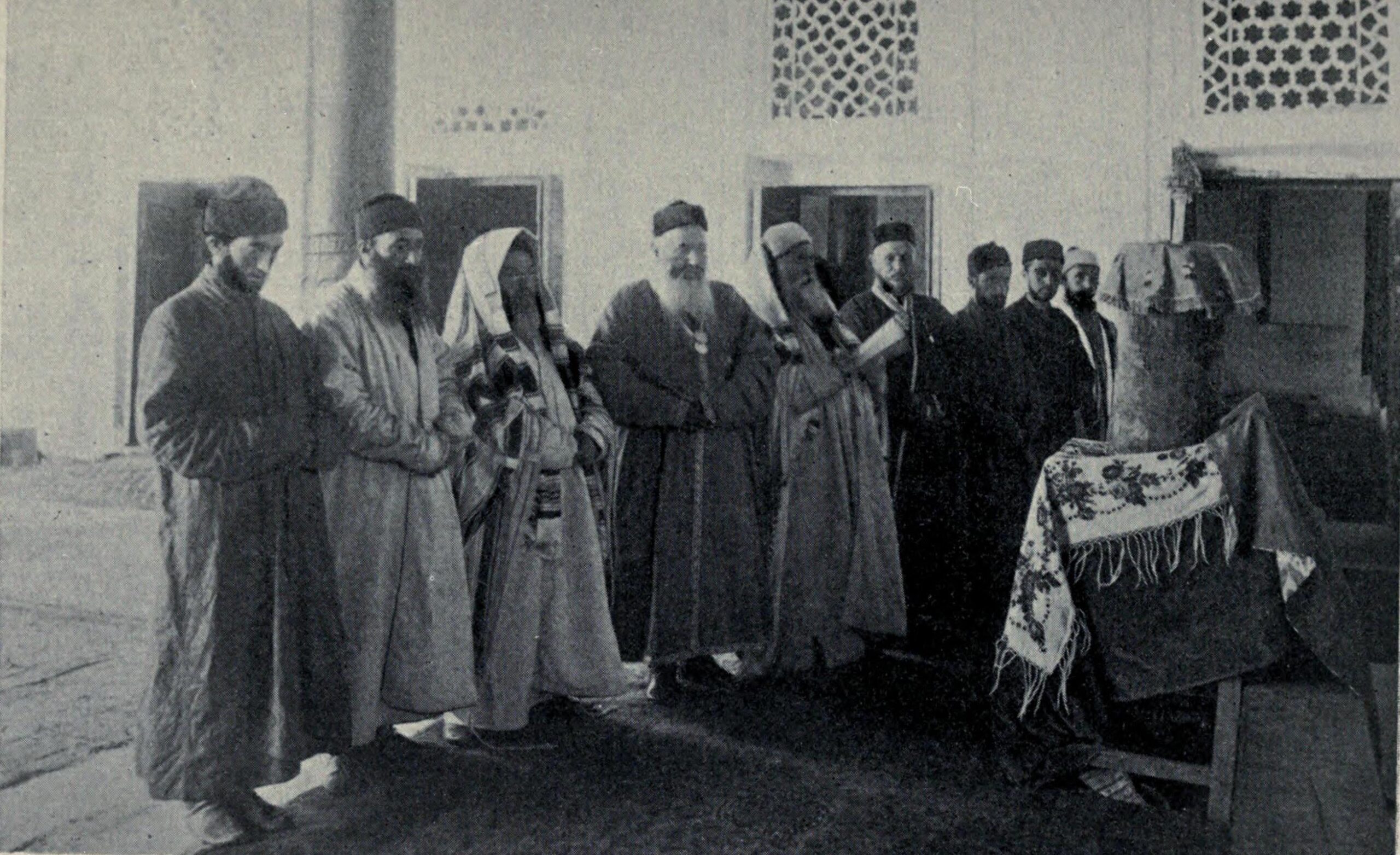
Jews have a very deep and storied history in Iran. While communities emerged in various cities throughout Iran and the Persian Empire, the bulk of Persian Jewry existed in the city of Tehran. Jews first arrived in Iran shortly after the Babylonian Expulsion, when the rising Persian Empire subsumed Babylonia. Although Cyrus the Great allowed Jews to return to Judea, many chose to stay in Persia. Many groups of Persian-speaking Mizrahi Jews outside of Iran trace their origin to Persia as well, such as the Bukharian and Kavkazi Jews. While there is no unified Persian-Jewish language, many Iranian Jews speak various dialects of a language referred to as Judeo-Persian. Prominent Biblical figures are also buried in Iran, such as Esther and Mordechai, who are at the center of the story of Purim.
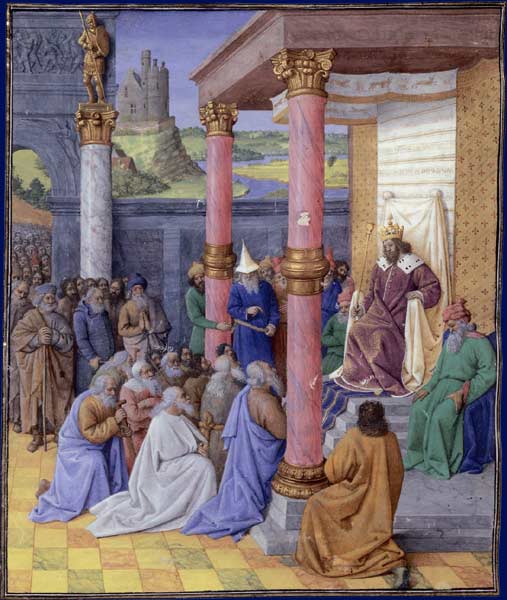
Like other non-Muslims in the Muslim world, Jews lived as dhimmis, or second class citizens. There are a few noted periods in Persian history when Jews were treated especially badly, such as in the Safavid era (1501-1736) and under the Qajar rulers (1796-1925). However, during the Pahlavi era, which began in 1925, the treatment of Jews improved significantly, especially during the reign of Muhammed Reza Shah.
Close to the dawn of the Iranian revolution, Jews constituted 0.25% of the Iranian population. However, they were highly represented in many prestigious professions, and most lived middle-class to upper-middle-class lifestyles in Tehran. This all changed after the Shah’s government was overthrown. Jews became the scapegoat for all of Iran’s problems, and Jews were blamed for plundering Iran’s treasures, among many other false accusations.
Iran’s new government was also rabidly anti-Zionist and anti-American, a defining feature of the regime still in place to this day. This hurt Jews tremendously, as many had close ties to Israel and America, and thousands had to flee Iran in fear of retribution from the government. Today, most Iranian Jews live in Israel and the US.
Similarly to the Soviet Union, the Iranian government insists to this day that they are only against Zionists, and not Jews. However, they spread many antisemitic conspiracy theories related to Israel, and accuse anybody remotely against the government of being “Zionist spies.” Iranian Jews are monitored and live under constant fear of their authorities.
In the diaspora, Persian Jews have established a very notable community in Los Angeles, where most American Persian Jews live. They were heavily involved in the early Zionist effort to settle Israel.
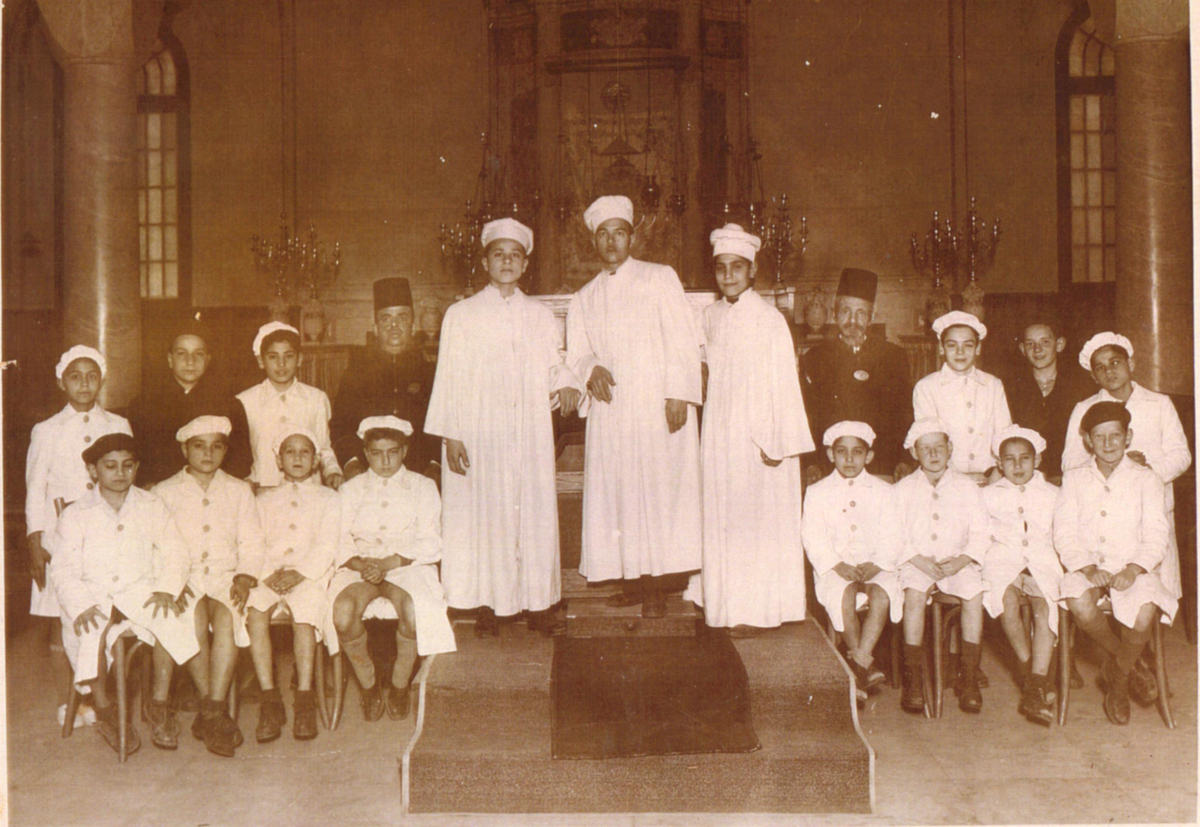
On Sept. 13, 2021, Israeli Prime Minister Naftali Bennett met with Egyptian President Abdel Fattah
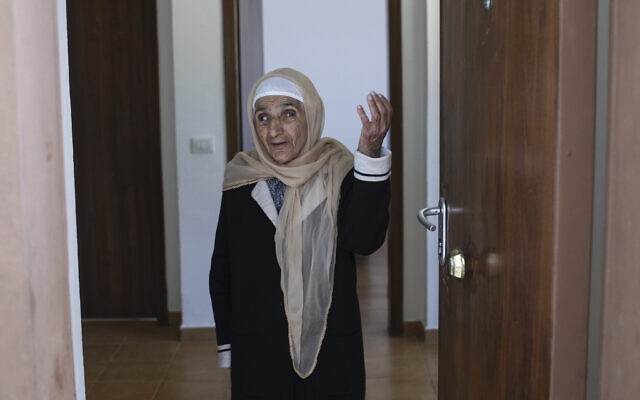
AP — For years, Zebulon Simentov branded himself as the “last Jew of Afghanistan,” the
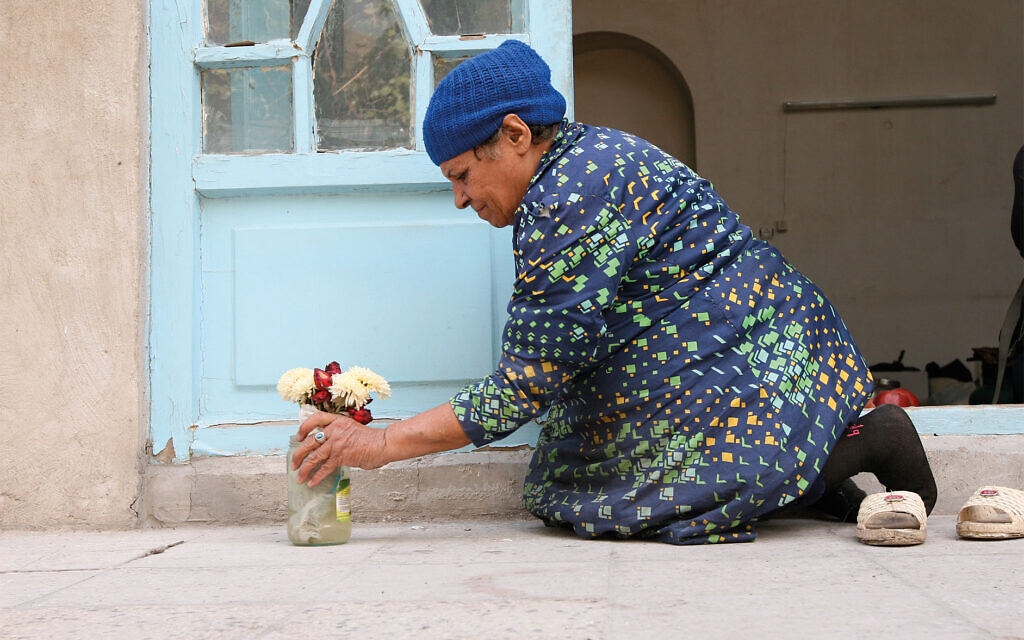
JTA — Jewish prayer in a mosque. Hookah smoke in a kosher kitchen. Hebrew school

Every Friday, my mother and her 11 brothers and sisters have lunch at my grandmother
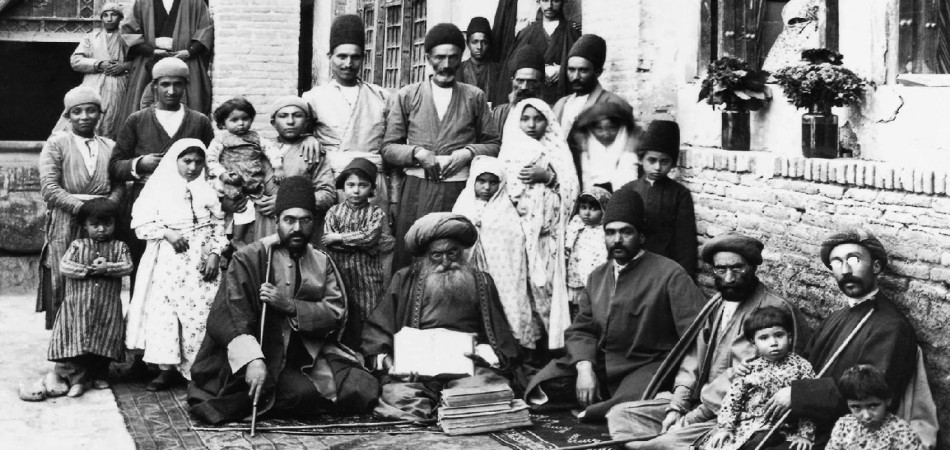
When I think about Israeli culture, I think of startups, I think of gorgeous museums

Music remembers much of what history has forgotten, says Canadian assistant Professor of Jewish